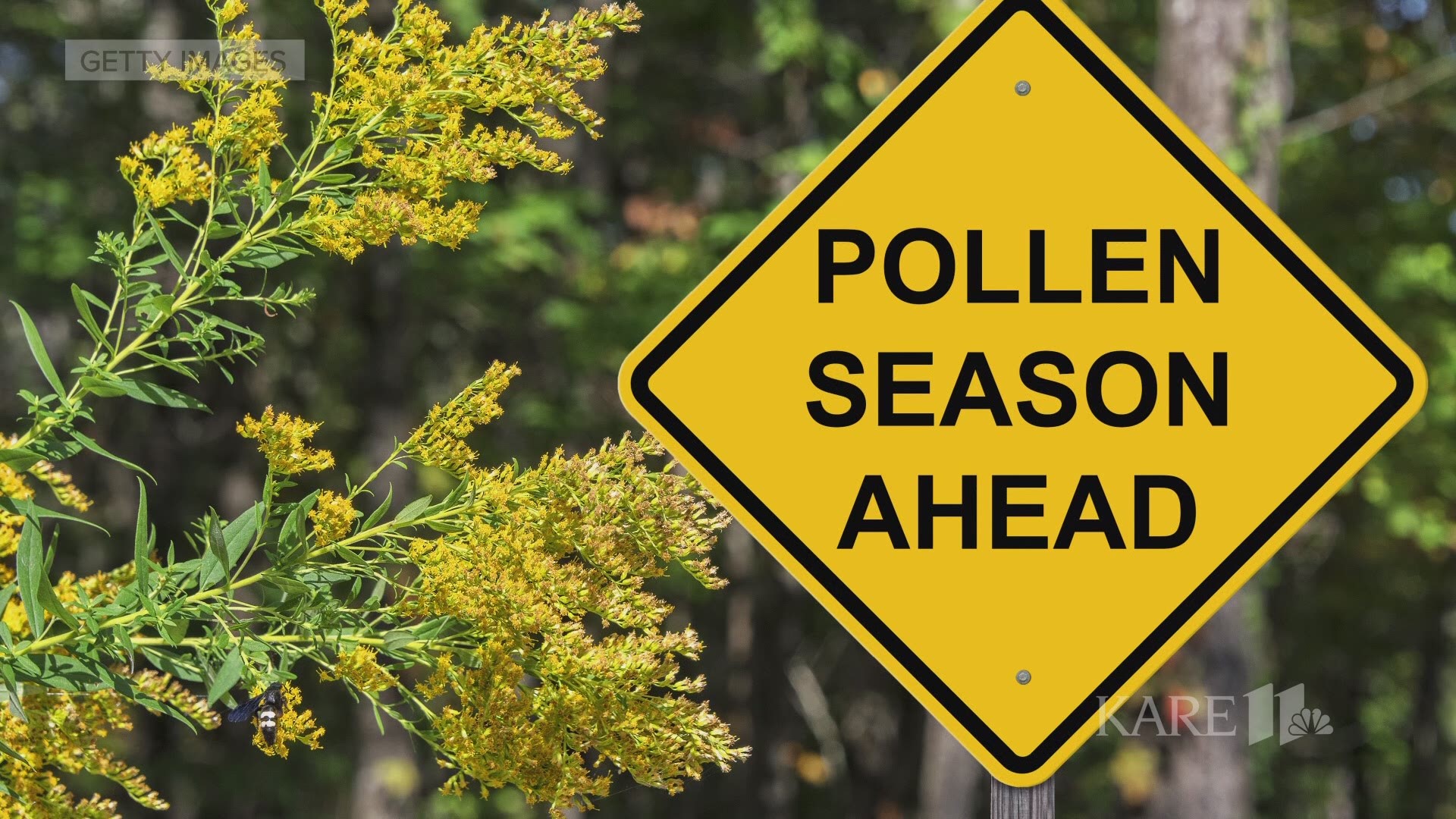ST LOUIS PARK, Minn. — As the saying goes, all good things come with a price. With the return of pleasant weather comes the inevitable allergies.
"Seasonal allergies are reactions to the pollen outdoors, or mold spores that show up during certain times of the year," Dr. Supriya Varadarajulu of Park Nicollet said.
Allergies commonly show up in the pre-teen and teenage years, but they can also appear later in life. Dr. Varadarajulu also points to genetics.
"If you have one parent with allergies you are at much higher risk. If you have two parents with some form of allergy you're about 80 percent risk," she said.
There are several symptoms that would indicate you have allergies. Things like an itchy, sneezy and runny nose. Also itchy, watery eyes and, in some cases, difficulty breathing.
If there's doubt, a simple test can determine what you're allergic to.
"We prick your skin with a small amount of the protein we are testing, and we are looking for an immediate response," Dr. Varadarajulu said.
In an age where medical advances are lowering the risks of many things, allergies are on the rise.
"In today's world we are seeing a lot more allergies than we did 30, 40, 50 years ago," she said.
The good news? The slew of over-the-counter drugs are quite effective.
"A lot of the medications that we used to prescribe are now available over the counter," Dr. Varadarajulu said. "They work in about an hour, they cover you for about a day."
There are also some things you can do at home.
"Keep windows and doors closed, you can maybe shower at the end of the day to get the pollen off, try to minimize how long you spend outdoors at the peak of the season," Dr. Varadarajulu said.
If you already suffer from allergies, Dr. Varadarajulu said there is a faint silver lining. Most allergies last for about 30 to 40 years, so you have it for decades. But at some point, allergies do wane over time.
More from Real Men Wear Gowns:

